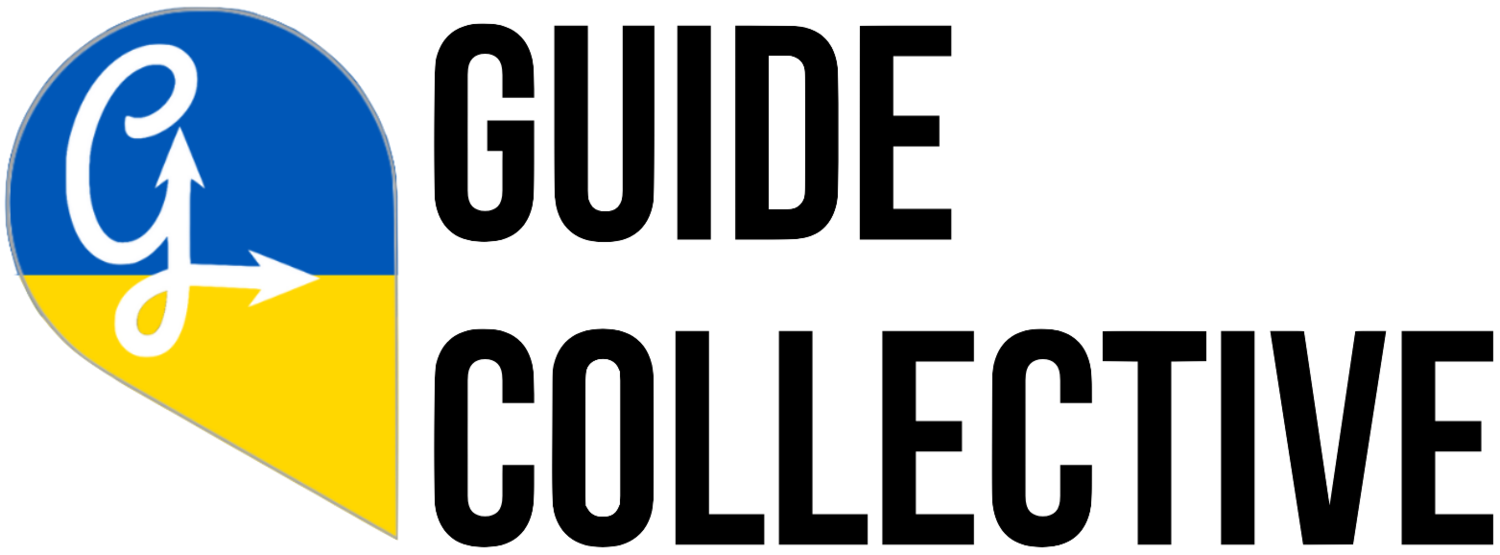It’s Different in Scotland
Liz Lister | Jaggy Thistle Tours
Washington Post July 14th article that appeared under the heading:
“Brits remain reticent to wear facemasks, despite having the highest Coronavirus death toll in Europe”
On reading this—before I even read the article—I could feel my hackles rising on two counts.
First—an old perennial: for those from outside the United Kingdom to lump us all together as the Brits or even worse—the English. On this occasion, the two correspondents who wrote the article are both based in London. You can only assume that they don’t get out much out as they don’t seem to have any understanding that the UK is, in fact, four constituent nations, far less that each of them have their own devolved Parliament or Assembly.
Scottish Parliament Building
Image | Kim Traynor
The governments of these delegated bodies are responsible for legislation regarding what is referred to as “devolved matters” (or delegated matters), and these include Public Health. So the paths that the four nations have taken through their people’s responses to the virus and, in particular, the route out of lockdown have all been distinctly different—something the two correspondents seem blissfully unaware of!
They claim that the Brit response has been guilty of Yes-Maybe-No messaging, whereas Nicola Sturgeon First Minister of Scotland has actually been praised for her clarity and leadership, with some likening her to Jacinda Ardern the Prime Minister of New Zealand.
She’s taken a cautious evidence-based approach to releasing Scotland from Lockdown, and by and large the people of Scotland have been right behind her with high levels of compliance in the face of clear unambiguous instructions.
Scottish Prime Minister, Nicola Sturgeon
Image | Kenneth Halley
The article states that the wearing of face masks in shops came into force on the 24th July whereas it became the Law in Scotland two weeks before, on the 10th. When Boris opened pubs in England it was on a Saturday whereas in Scotland it was on a Monday.
Not surprisingly the media have sought to politicise these differences as Nicola is leader of the Scottish National Party or SNP whose raison d’etre is independence for Scotland. This came to a head when Nicola was asked if she would ever close the Border with England, to which she replied that she wouldn’t rule out any measure to keep the people of Scotland safe.
It was a case of light the blue touch paper [Ed., to incite anger]! Boris called it “astonishing and shameful” and claimed “there is no Border,” which is quite a ridiculous statement given that the Border was established in 1237 AD, is 96 miles long, and marks the boundary where the Scottish Government’s authority and responsibility begin and end. As Nicola responded, Boris wouldn’t like it if she tried to tell the people of Newcastle what to do.
So the question remains – could Scotland close the border with England and impose travel restrictions on those entering from the rest of the UK? Nicola refuses to rule it out and says that “she wants all options on the table”.
However, while Public Health and Scotland’s response to the COVID pandemic is a devolved matter, the issue of Borders and the Constitution are powers reserved by Westminster (or the British central government). So just like a decision on whether the people of Scotland should be given another referendum on Independence, the question of whether or not movement can be restricted within the UK would appear to sit with Westminster. Will we see infuriated Scots marching on the border with painted faces shouting “Freedommmmmmm!!”?—watch this space!
They can take away our face masks, but they can’t take our freedommmm!
Image | venavente11, RedBubble
On a more pragmatic note, given that 70% of Scotland’s tourism comes from the RUK (Rest of the United Kingdom: ie., Wales, England, and Northern Ireland) and considering the state of Scotland’s economy at the moment, I don’t think we need to worry that closing any border is on the cards any time soon.



